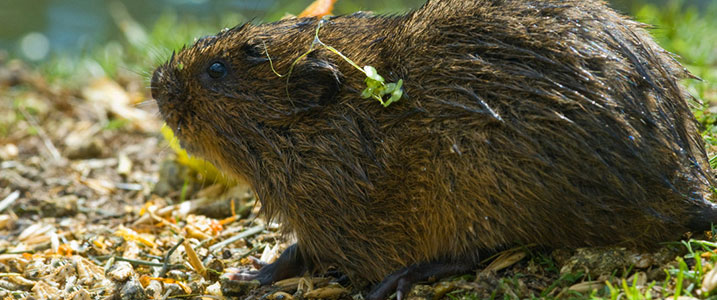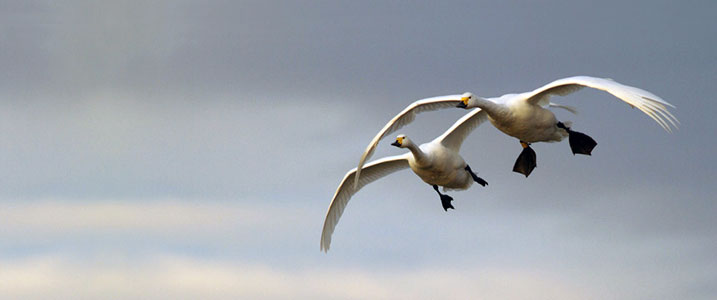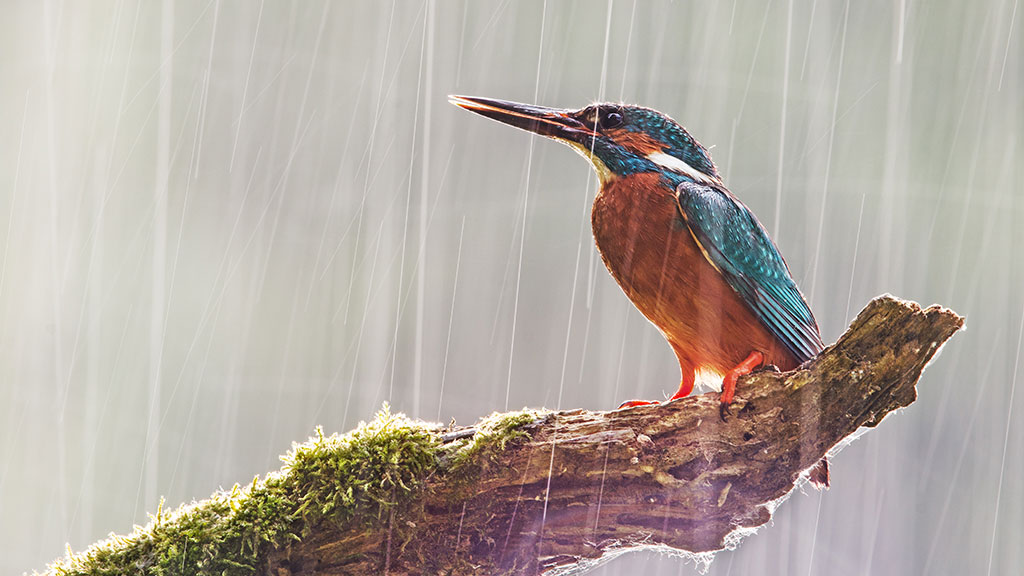The water of life: how wetland species are affected by water pollution
Since 1970 over 50 per cent of our freshwater and wetland species have declined in numbers. The main reason is because the quality and quantity of water they live in is declining too.
Our wetland wildlife provides a stunning example of the beauty and fragility of nature. Whether it’s the flash of blue of a kingfisher, a darting dragonfly, or iconic characters like the toad and water vole (Ratty!) featured in The Wind in the Willows – we love them but we are losing them.
Since 1970 over 50 per cent of our freshwater and wetland species have declined in numbers. 132 species are categorised as threatened – that’s 13 per cent of our wetland and freshwater species.
The main reason is because the quality and quantity of water they live in is declining too.
The link between water health and the environment
The amount of water in our environment can be as vital as the quality to the survival of our wetland wildlife. As water volume decreases the water temperature increases, the amount of oxygen in the water decreases, fish can’t swim up river to spawn and animals find it harder to find their food.
Take the kingfisher: Research in Hertfordshire, at the Tewinbury lagoon off a chalk river called the River Mimram, has shown that populations of kingfisher and reed warbler are integrally linked to the amount of water available. For every one foot increase in river level, on average there are two more kingfisher chicks per adult seen fishing in the Tewinbury lagoon and 20 more reed warblers nesting. Yet chalk rivers in particular are at risk from over abstraction.
Water Voles
Water voles are one of Britain’s fastest declining mammal species, and absent from Ireland. Nearly 90% have disappeared in the last 7 years. They are vulnerable to pollution, habitat loss and the introduction of American mink.
Water voles are thriving at many of our wetland reserves, but measures are needed to halt and reverse this decline nationally. Significant numbers of rivers and wetlands are failing to achieve a level of good quality which is needed to support not only water voles, but many other wetland species too.
Pollution is a particularly significant problem for them. Take reedbeds for example, they are important habitats for water vole and many other species such as bittern and reed warblers. Water pollution, reduces reedbed viability and can result in reed dieback, development of anoxic sediments and algal blooms and consequently reduces food availability.
Water voles are also vulnerable to over abstraction (when not enough water is left in the environment after we have taken it for various uses) which can hamper efforts to establish reedbeds in areas where they have been lost in the past.

The Water Framework Directive protects water
Europe has one of the most ambitious pieces of legislation to halt and reverse the overall poor quality of our water bodies by 2027. As a result the UK has invested significantly over recent years to make improvements such as reducing pollution, re-naturalising water ways, removing barriers, reinstating wetlands and ensuring too much water is not taken from the environment.
However this valuable piece of legislation, known as the Water Framework Directive is under threat. It is currently being reviewed by the European Union and there is a strong lobby to try and weaken it. I know we are leaving Europe but this will still affect us:
- Many of our wetland birds fly across Europe, feeding, overwintering or breeding in other areas of Europe, so the quality of European wetlands is fundamental to their success.
- If Europe weakens its legislation on water quality it is highly likely that the UK will follow suit; the Government’s 25 Year Environment Plan already claims to be aiming for good water quality “as soon as practicable” rather than by 2027 as laid out in legislation.

So what can we do about it? What can everyone reading this blog do to ensure that our legislation continues to drive investment and improvement in our water quality to halt and turn back the decline of species as valuable to our environment and history as the water vole?
The European Commission wants your say through its public consultation. This is your chance to tell them to keep our laws on water strong. If we can do this then we will hopefully be able to do the same in the UK post Brexit.
We’ve made it easy, we’ve prepared some answers which will best ensure the law is kept safe and strong. To send these to the commission on your behalf, please fill in your details.



